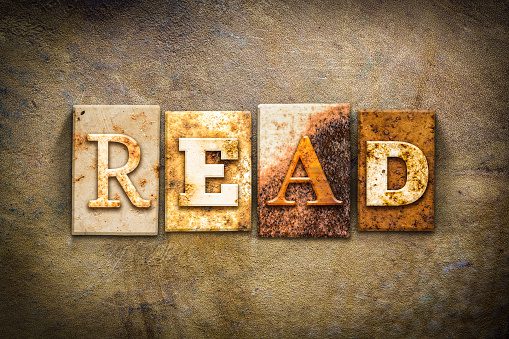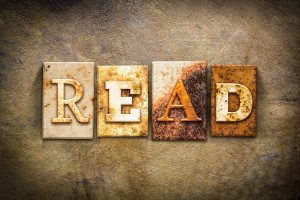How triathlon helped me overcome dyslexia

 When I was eight years old, I found out that I was dyslexic. I had a lot of trouble reading and writing, which hurt my confidence, and this in turn made it harder for me to fit in at school.
When I was eight years old, I found out that I was dyslexic. I had a lot of trouble reading and writing, which hurt my confidence, and this in turn made it harder for me to fit in at school.
In the United States, an estimated 5 to 17 per cent of children are diagnosed with dyslexia, making it one of the most common learning disabilities (Trudeau 2008). My difficulty with academics pushed me towards athletics, and I started out in soccer but quickly moved away from team sports. Once I started running, I found I had a lot more confidence and this allowed me to develop into my own person. Furthermore, it allowed me to develop my work ethic, and taught me that hard work pays off. From then on I worked just as hard in school as I did in running. Research shows that physical activity has a positive impact on learning and memory. It also helped to improve my self-esteem. Many studies have also linked sports and physical activity programs with other psychosocial outcomes, such as school satisfaction and school connectedness. I felt that running and triathlon helped me in all of these areas.
Once I was in high school, I chose to go into the academic stream even though my grade school teachers advised against it. This was about the time I began triathlon, and it gave me the confidence to take risks and do the hard work needed to excel at my courses. Triathlon also helped me understand the value of delayed gratification.
In university, I continued to develop the skills I needed to excel in the classroom through my dedication to triathlon. I chose history, one of the hardest fields of study for myself, as it revolved entirely around memorization and writing. But I loved the subject just as much as I loved my sport, and I was able to put all the skills I had developed into getting my degree. Triathlon helped me with my work ethic, time management and self-esteem, and I did not feel any peer pressure because I had a larger goals and something to focus my life around. Triathlon has helped me develop as a person, get my degree and overcome dyslexia. It has been shown that the benefits of exercise transfer directly to the cognitive skills underlying literacy, to the reading process, and to standardized national literacy attainment tests, all effects that I have personally experienced (Reynolds 2003).
I am not alone in these feelings. D. Reynolds, R. Nicolson and H. Hambly put together a paper that outlines how exercise helps children with reading difficulties. Their article Evaluation of an Exercise-Based Treatment for Children with Reading Difficulties stated that ‘In children with reading disabilities, a school-based program of balance and coordination training, throwing, catching, and stretching produce[s] significant improvements in both reading and semantics (Reynolds 2003).’ This research outlines how I feel about triathlon. Not only is it an amazing sport, but it also helped me overcome some of the largest obstacles in my life.
Sports and early detection of dyslexia helped me develop as a person and get through school. With more technology like Eye Reader that will be able to detect learning disabilities earlier, children will be able to develop strategies to overcome their challenges. I am working with The Ontario Branch of the International Dyslexia Association (ONBIDA) to help spread awareness about dyslexia, and hope this article has been insightful about the impact of this disability, and the ways that the power of sport can heal and motivate.
References:
Trudeau, F., & Shephard, R. (2008). Physical education, school physical activity, school sports and academic performance. International Journal of Behavioral Nutrition and Physical Activity, 5(10). Retrieved from https://www.ijbnpa.org/content/5/1/10/
Reynolds, D., Nicolson, R., & Hambly, H. (2003). Evaluation of an exercise-based treatment for children with reading difficulties. Dyslexia An International Journal of Research and Practice, 9(1), 48-71.
Special thanks to Brendan Reid for his contributions to this article.
